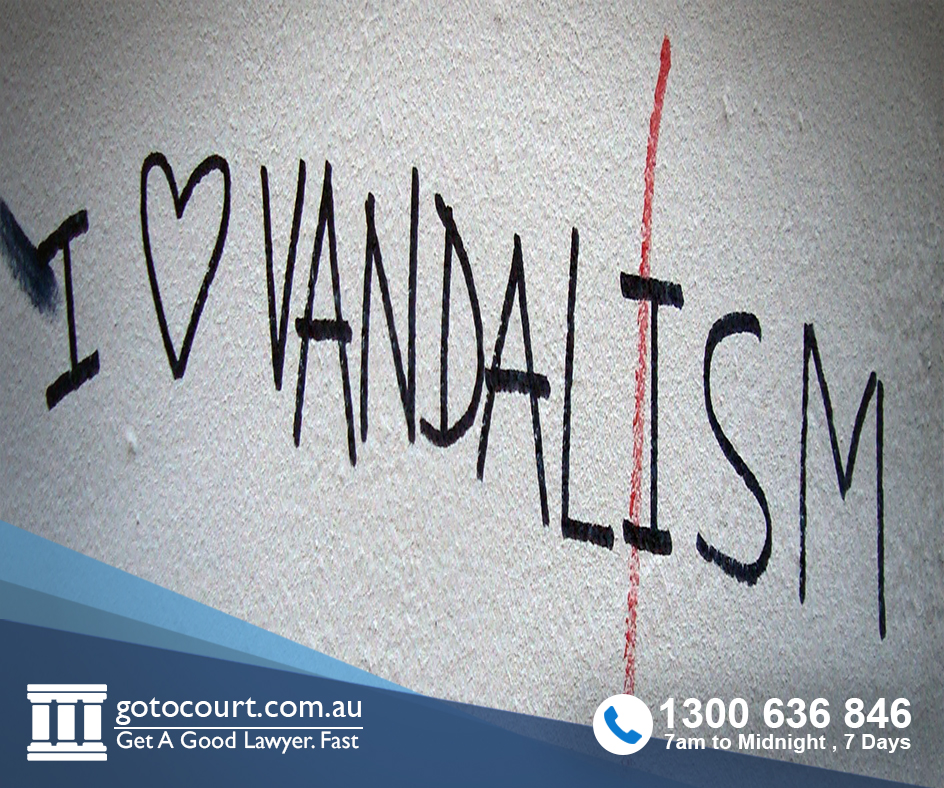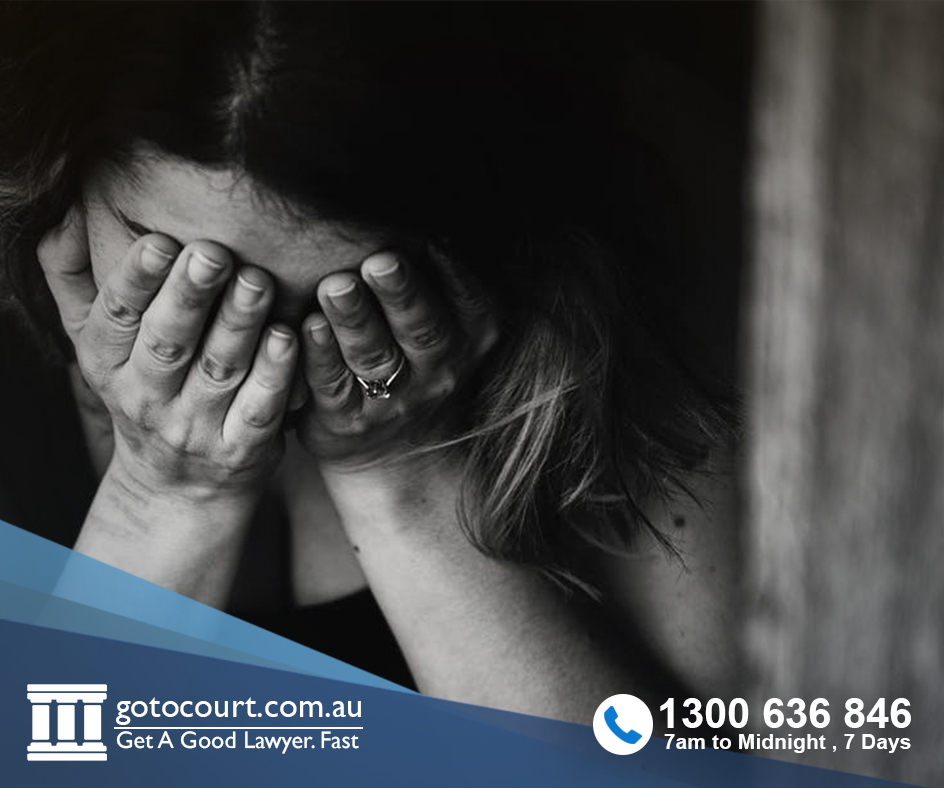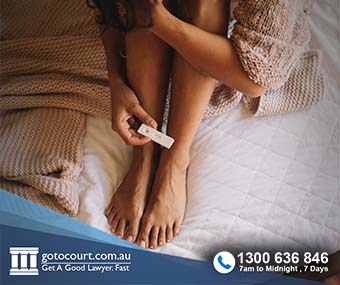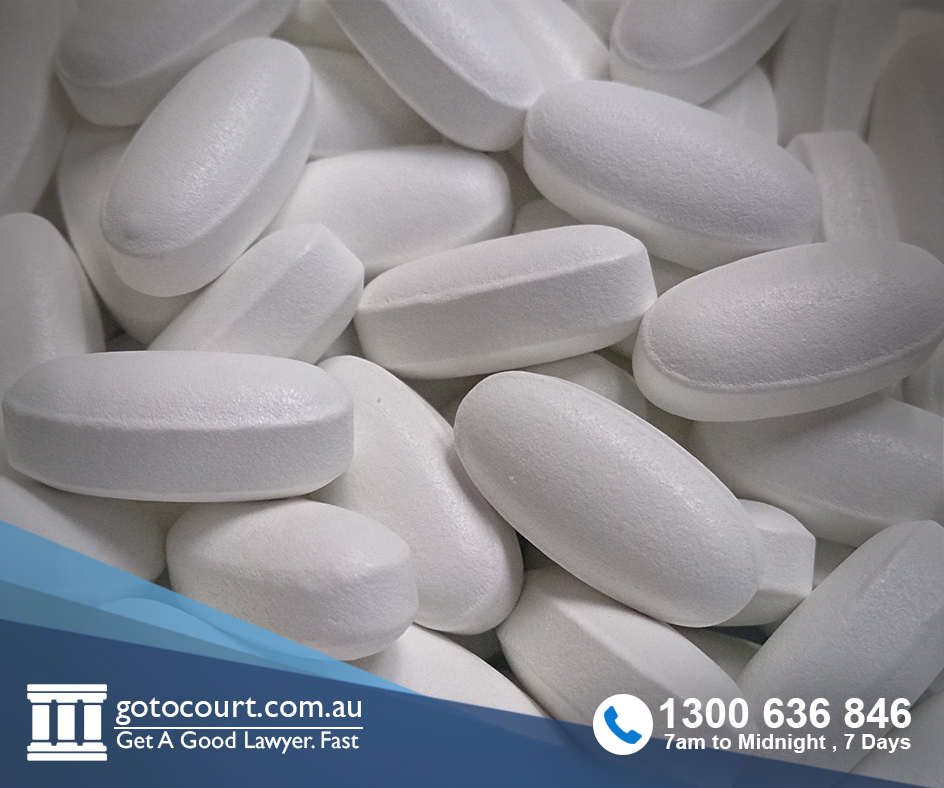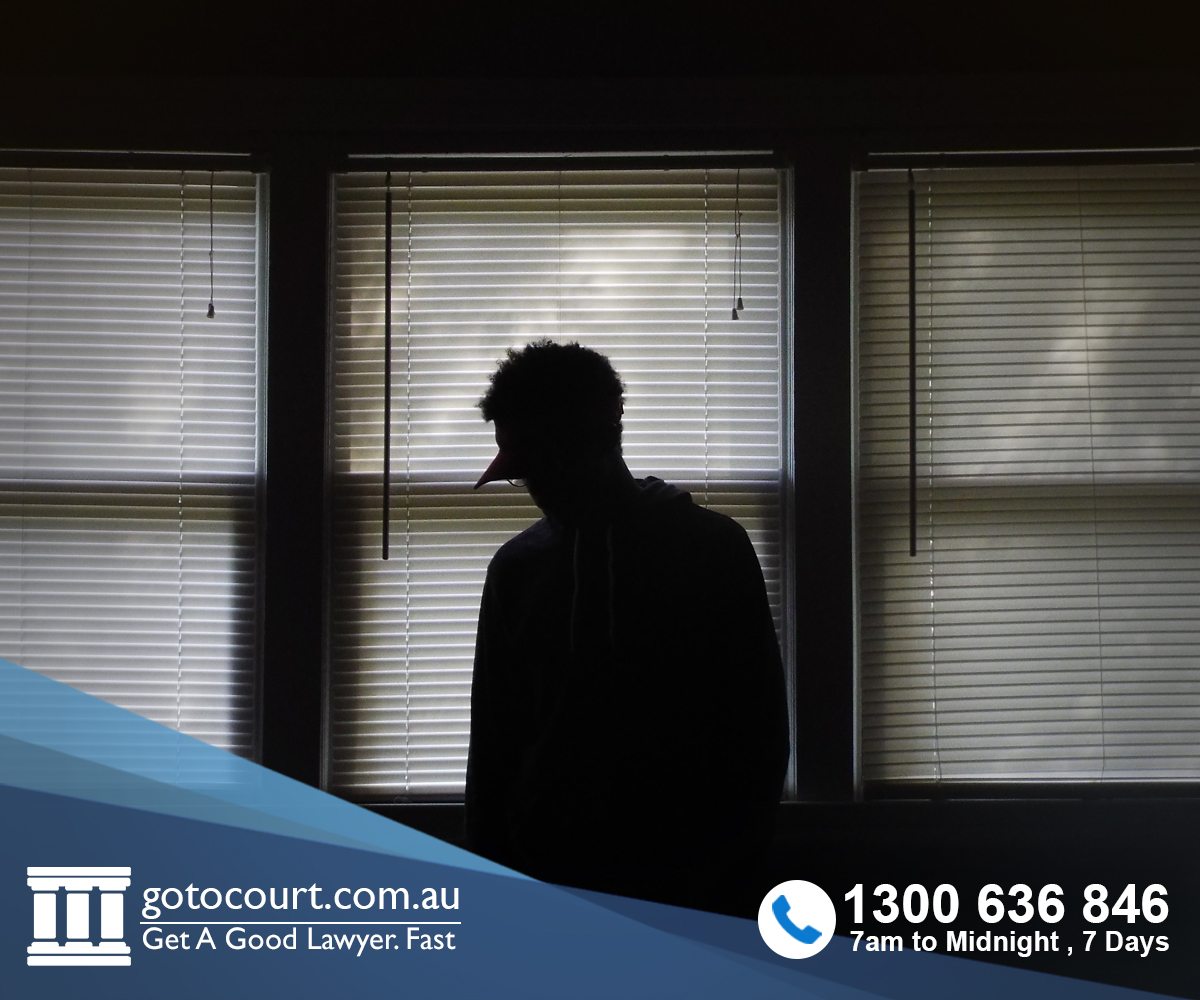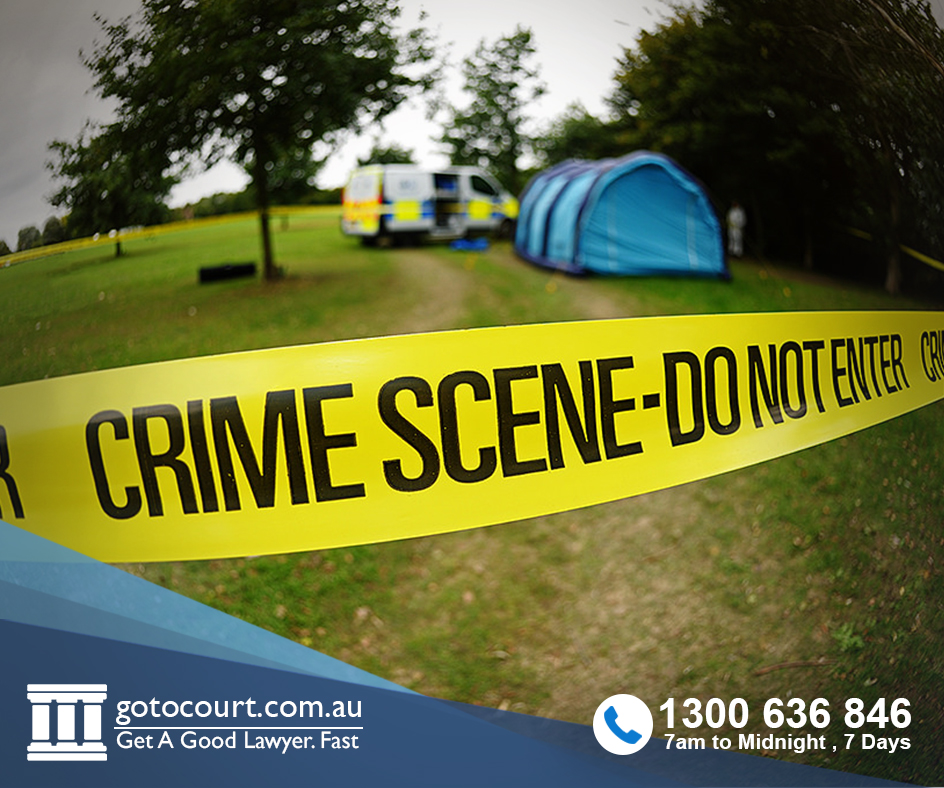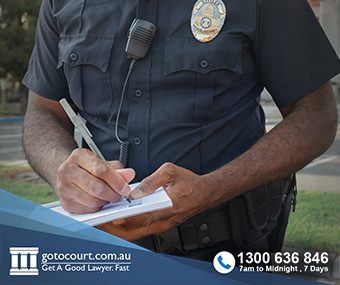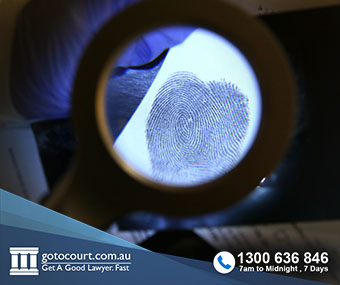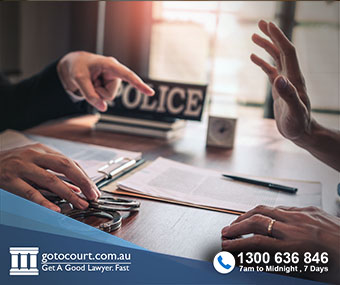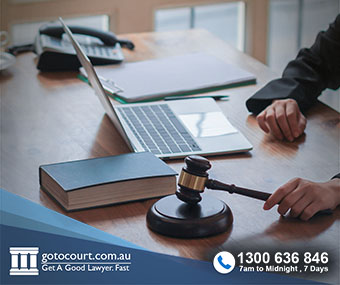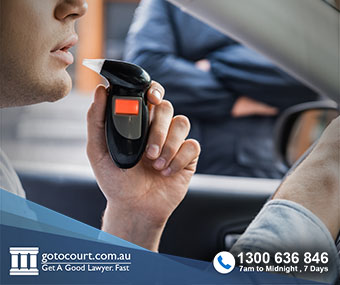Call our lawyers
now
or,
have our lawyers
call you
Changes to Committal Proceedings (NSW)
Updated on Nov 22, 2022 • 4 min read • 833 views • Copy Link
Changes to Committal Proceedings (NSW)
The Criminal Procedure Act 1986 (NSW) was amended in April 2018 so that committal hearings no longer exist. In New South Wales, committal hearings have now been replaced with the new processes of charge certification and case conferencing. Under the new system, a senior prosecutor reviews the evidence and confirms which charges will proceed. A mandatory case conference must then occur between prosecution and defence. However, defendants no longer have the right to test the strength of the case against them before a serious indictable matter proceeds to a higher court.
Why the changes?
The main reason cited by the government is to reduce delays. The reforms are intended to improve productivity and ensure that indictable cases are effectively managed. The changes apply to all proceedings commenced after April 2018.
The old committal system
Under the old system, a person charged with an indictable offence had the right to a committal hearing. This meant that they were entitled to test the prosecution case against them by having prosecution witnesses attend court and be subjected to cross-examination. If the Magistrate was satisfied that the prosecution case was strong enough to support a finding of guilt in a higher court, he or she would commit the matter. The matter would then proceed to be finalised in a higher court by way of a trial or a sentencing hearing. If the Magistrate was not satisfied that the prosecution case would support a finding of guilt, the charge could be dismissed.
The new committal system
Under the new system, defendants charged with indictable offences no longer have the right to a Committal Hearing. Instead, the Magistrate’s role is now limited to overseeing the procedural steps required under the Criminal Procedure Act 1986. This means ensuring a brief of evidence is served on the defendant or their lawyer, ensuring that a charge certificate is filed and served on the defendant or their lawyer, and ensuring that a case conference is held between the prosecution and the defence (if the defendant is represented) and that a case conference certificate is subsequently filed with the court. The accused person must then enter a plea to each of the charges that prosecution is proceeding with and the Magistrate will commit the matter for trial or for sentence (Section 55).
The brief of evidence
A brief of evidence must be served on the accused or on their lawyer. Section 62 states that the brief of evidence must include:
- All material that makes up the prosecution case;
- Any other material the prosecution has that is reasonably capable of being relevant to the accused’s case;
- Any other material the prosecution has that would impact the strength of the prosecution case.
Charge certification
Once the brief of evidence has been served, the prosecution must file a charge certificate. The charge sheet must specify:
- The charges being proceeded with and their details;
- Any back up or related charges;
- Any charged that will not be proceeded with;
- Any other matter prescribed by regulations.
The prosecution must certify that the evidence is sufficient to establish each element of each offence specified on the charge certificate.
Case conferencing
Prior to a case conference occurring, a magistrate must explain the committal process to the accused. The magistrate must also explain the sentencing discount scheme to the accused, so that they understand the benefits of pleading guilty.
If the accused is represented, the defence and prosecution must hold a case conference after the charge certificate has been filed. The proceedings will be adjourned for a period of eight weeks to allow for this to occur.
If the accused is unrepresented or pleads guilty to the charges before a case conference is held, a case conference is not required. A case conference is not required if the accused’s fitness to be tried is at issue.
Examining witnesses
After a charge certificate has been filed, a magistrate can direct the attendance at committal proceedings of a person whose evidence is referred to in the brief. An application can be made for such a direction by either defence or prosecution. A magistrate may only make the direction if satisfied that there is are substantial reasons why the witness should give oral evidence. A magistrate may not direct the attendance of a complainant in a sexual offence matter is the complainant is a cognitively impaired person or was a child under 16 when the offence is alleged to have occurred.
If you require legal advice or representation please contact Go To Court Lawyers.

Affordable Lawyers
Our Go To Court Lawyers will assist you in all areas of law. We specialise in providing legal advice urgently – at the time when you need it most. If you need a lawyer right now, today, we can help you – no matter where you are in Australia.How It Works







1. You speak directly to a lawyer
When you call the Go To Court Legal Hotline, you will be connected directly to a lawyer, every time.


2. Get your legal situation assessed
We determine the best way forward in your legal matter, free of charge. If you want to go ahead and book a face-to-face appointment, we will connect you with a specialist in your local area.


3. We arrange everything as needed
If you want to go ahead and book a fact-to-face appointment, we will connect you with a specialist in your local area no matter where you are and even at very short notice.

